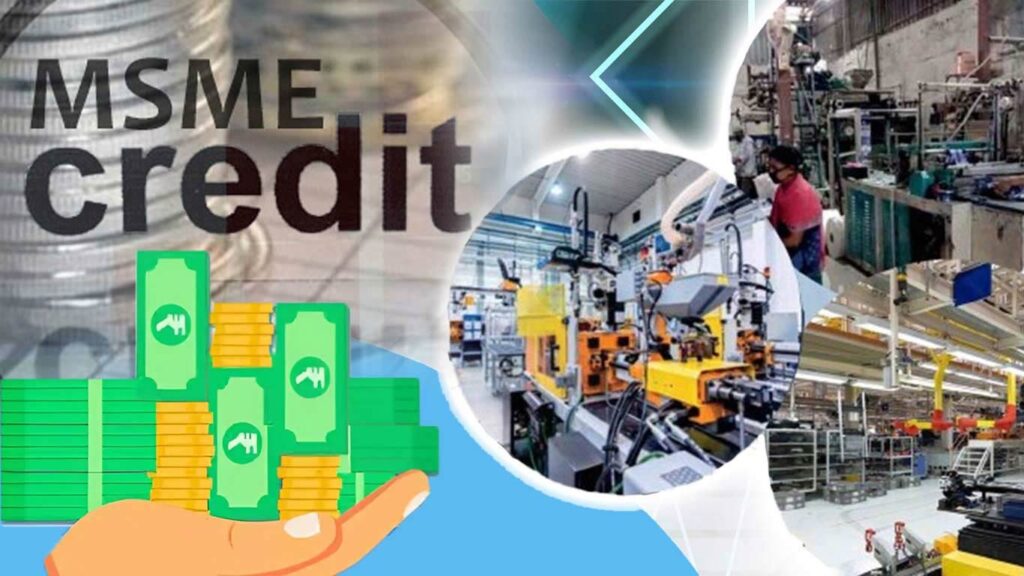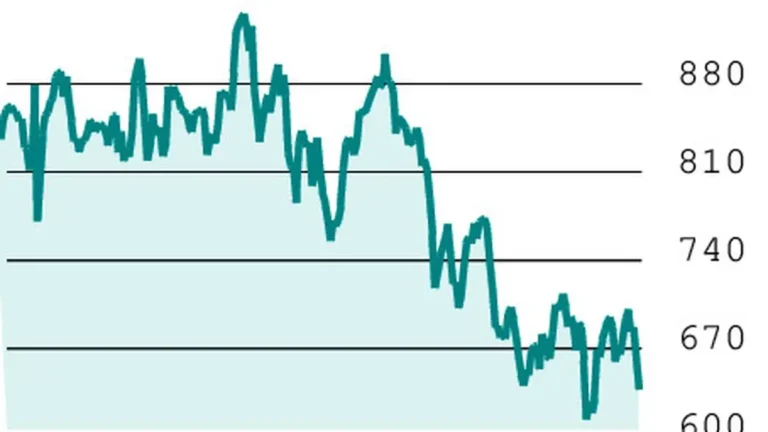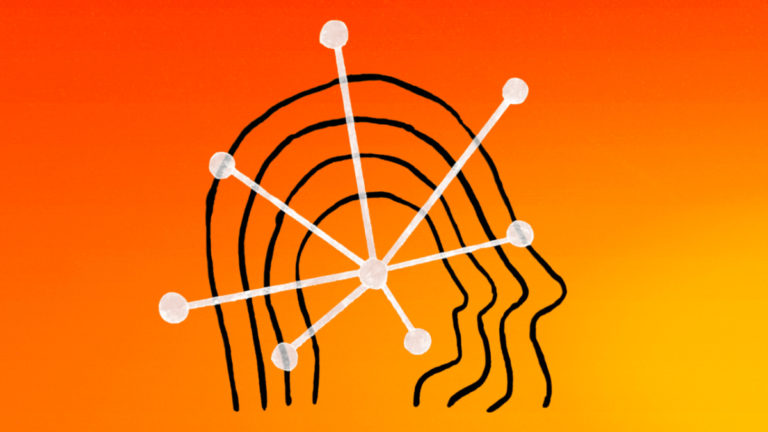New Delhi, May 14 (KNN) The Small Industries Development Bank of India (SIDBI) has released a comprehensive report titled ‘Understanding the Indian MSME Sector: Progress, and Challenges,’ offering detailed insights into India’s rapidly expanding Micro, Small, and Medium Enterprises (MSME) sector.
The report draws from extensive primary and secondary research, including a survey of over 2,000 MSMEs across 19 industries, providing regional, gender, and industry-level analyses.
A formalisation trend has emerged within the MSME sector, particularly among micro and small enterprises. Through initiatives like the Udyam Registration and Udyam Assist Portal, registrations have surged to over 6.2 crore by March 2025, a significant increase from 2.5 crore in March 2024.
Despite comprehensive policy initiatives, survey respondents continue to identify timely and adequate credit access as a primary challenge.
While small and medium enterprises report minimal borrowing from informal sources at 3 per cent and 2 per cent respectively, micro enterprises still rely significantly on informal lending at 12 per cent.
The digital transformation of the sector shows promising developments, with 18 per cent of MSMEs utilising digital lending platforms and an impressive 90 per cent accepting digital payments.
This growing digital adoption, supported by platforms like UPI, presents opportunities for enhanced credit accessibility.
The report estimates an addressable credit gap of approximately 24 per cent or Rs 30 lakh crore across the sector. This gap is more pronounced in the services sector at 27 per cent, and particularly affects women-owned MSMEs at 35 per cent, suggesting the need for targeted policy interventions.
Women entrepreneurship has become increasingly significant in the MSME landscape, with 26.2 per cent of proprietary enterprises now owned by women according to ASUSE 2023-24.
While 76 per cent of women-led MSMEs have credit access, they face greater challenges than their male counterparts, with 41 per cent identifying credit access and high competition as their primary growth obstacles.
Market access remains a challenge, with around 70 per cent of surveyed MSMEs still relying on traditional marketing channels, limiting their scalability and competitiveness.
The report suggests that more effective use of e-commerce and digital marketing could significantly improve access to new markets and customers.
MSMEs have increased their merchandise export contribution from 43.6 per cent in FY23 to 45.7 per cent in FY24. While exporting MSMEs demonstrate better technology adoption than non-exporters, they continue to face challenges related to supply chain issues, credit access, and intense competition.
Approximately one-fourth of surveyed MSMEs cite skilled labour shortages as a major challenge, particularly in sectors such as defence equipment, readymade garments, hotels, tiles, and sanitary ware.
Inadequate infrastructure and technology adoption affect productivity and competitiveness, especially in auto components, iron and steel, and transport and logistics sectors. Many respondents identified technology adoption as a significant obstacle to their growth.
On the sustainability front, over one-third of MSMEs have adopted sustainable practices, with 31 per cent implementing energy-efficient systems and 21 per cent utilising renewable energy. However, 33 per cent of MSMEs cite limited awareness as a key barrier to further sustainability adoption.
(KNN Bureau)















